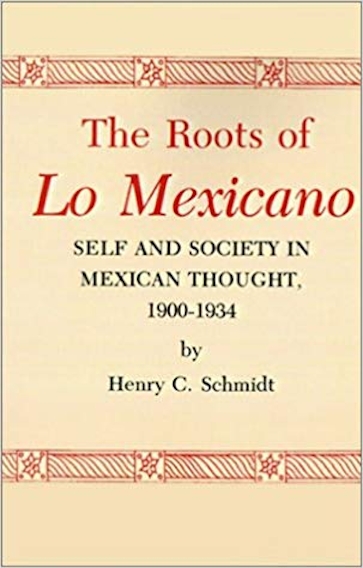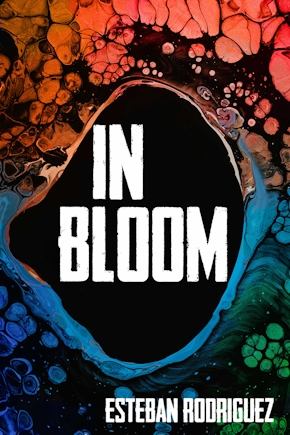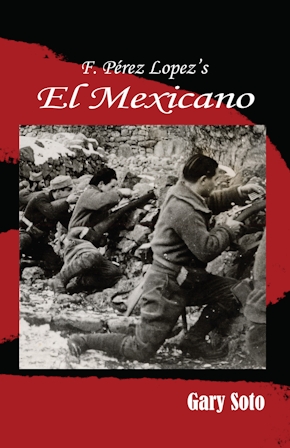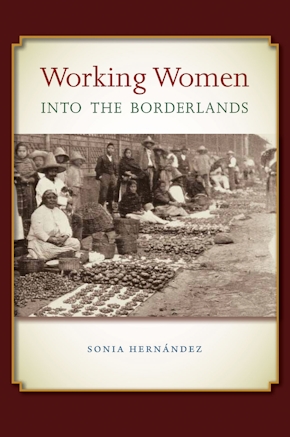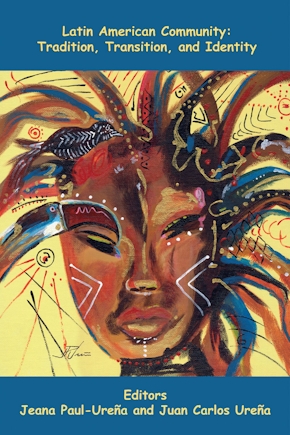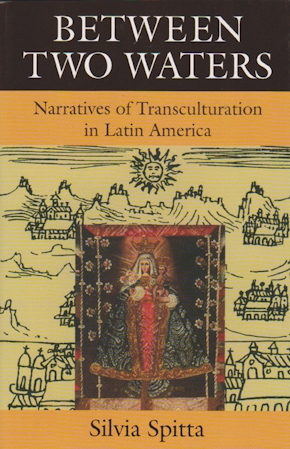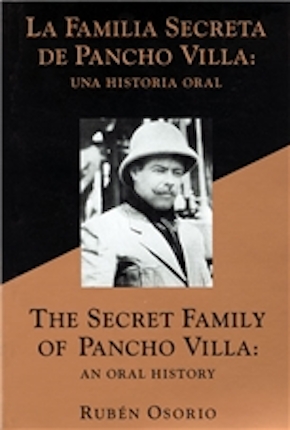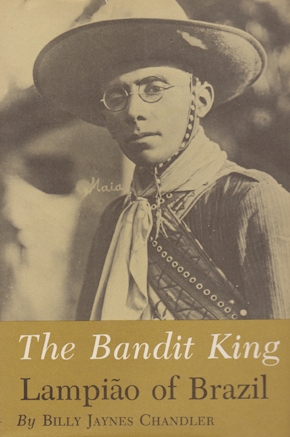The Roots of Lo Mexicano
Self and Society in Mexican Thought, 1900-1934
978-0-89096-308-1 Paperback
6 x 9 x 0 in
212 pp.
Pub Date: 06/01/2000
Available
BUY NOW
- Paperback $17.95 s
From 1900 to 1934 Mexicans made the difficult transition from a culture largely foreign in spirit to one created in the aftermath of the 1910 Revolution, insistently and proudly Mexican. In the decades following the revolution the term lo mexicano (meaning both the Mexican ethos and its study) became a sacred phrase in the reappraisal of Mexican civilization, a concept analogous in the history of ideas to the quest for Mexican authenticity in painting, music, the novel, and education.
Schmidt examines the origins and development of lo mexicano in the work of Ramos’ intellectual antecedents, particularly that of Justo Sierra, Antonio Caso, José Vasconcelos, Alfonso Reyes, and Daniel Cosío Villegas. Schmidt shows why and how Mexican intellectuals went about the task of defining national character during this period. His analysis establishes a context for viewing Ramos’ admittedly seminal work, shows the growth of Mexican self-awareness as the intellectual foundation of nationalism, and extends our understanding of the central driving force within the complexities of Mexican society today.
Published by Texas A&M University Press
